Career Development
Core Curriculum for Fellows
Diversity, Equity, and Inclusion
Hospital Medicine
Medical Education
Trainee Track
Each One Teach One: Engaging Learners of All Levels with Multilevel Techniques
-
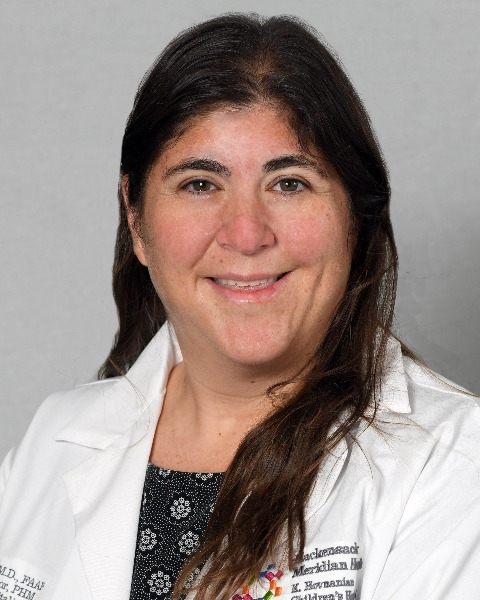
Jamie Pinto, MD (she/her/hers)
Pediatric Hospital Medicine Fellowship Director; Associate Professor of Pediatrics
K. Hovnanian Children's Hospital at Jersey Shore University Medical Center
Neptune, New Jersey, United States -
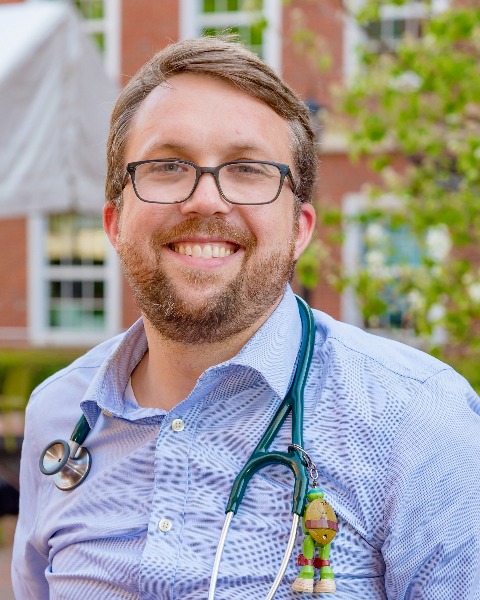
Eric Zwemer, MD (he/him/his)
Associate Program Director, Pediatric Hospitalist
Pediatrics
University of North Carolina
Chapel Hill, North Carolina, United States -
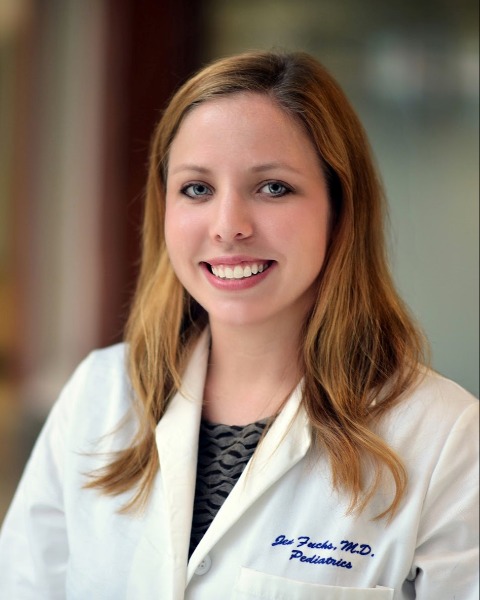
Jennifer Fuchs, MD (she/her/hers)
Assistant Professor
University of North Carolina at Chapel Hill School of Medicine
Chapel Hill, North Carolina, United States -
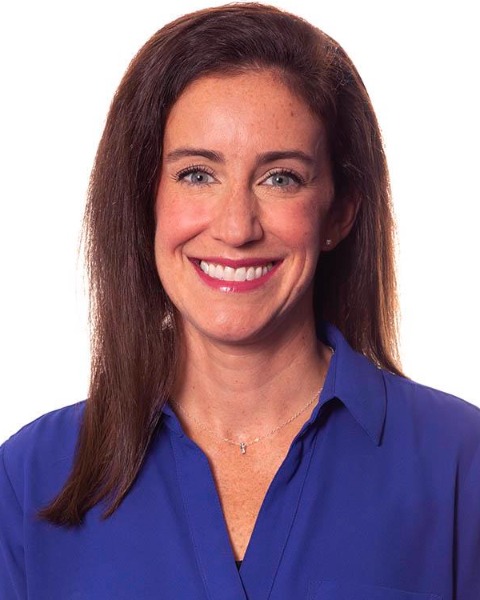
Jacqueline Walker, MD, MHPE (she/her/hers)
Fellowship Director, Pediatric Hospital Medicine
Pediatrics
Children's Mercy Hospitals and Clinics
Kansas City, Missouri, United States -
.jpg)
Katie Westreich, MD (she/her/hers)
Assistant Professor
UNC
Chapel Hill, NC, North Carolina, United States -
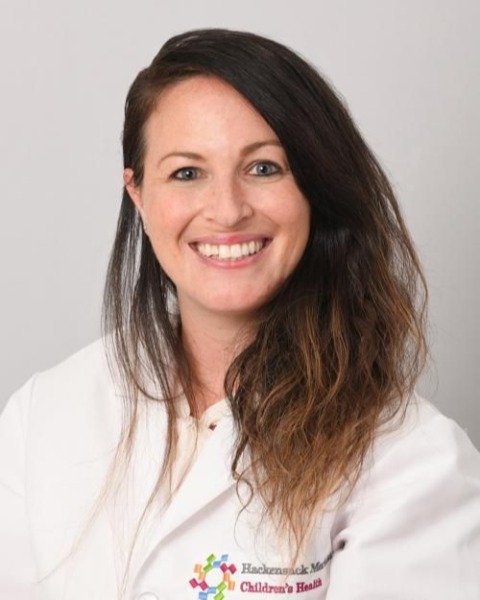
Zelda Ghersin, MD
Pediatric Critical Care
K. Hovnanian Children’s Hospital at Hackensack Meridian Children’s Healrh
Jersey City, New Jersey, United States
Leader(s)
Co-Leader(s)
Workshop
Description: In pediatric medicine, clinical teams include many different health professions trainees with significant variability in knowledge and skills. This presents a challenge to engage the entire group of learners, with unique backgrounds, different levels of training, and varying interests. Even learners in the same year of medical training will achieve educational milestones at varying rates. With the increasing medical complexity of the pediatric population and a changing educational landscape (e.g., pandemic impact), there is a growing need for pediatricians to be skilled clinical teachers and to utilize strategies to foster individual learners’ clinical knowledge, skills, and attitudes. Additionally, current learners desire a safe learning environment to discuss sensitive issues, receive diversity training, and share mistakes, components not previously part of educational curricula. Great clinical teachers are intentional in their educational approach and employ specific strategies to develop different learners’ clinical competence and independence.
Our workshop will provide attendees with knowledge regarding multilevel teaching including its utility, challenges, and various techniques. This workshop will also emphasize the importance of incorporating diversity and inclusion teaching points, including social determinants of health and cultural or implicit biases as part of multilevel teaching. We will also discuss the power of vulnerability with all levels of learners to reinforce teaching points and normalize mistakes. Participants will engage in multiple interactive activities to recognize opportunities for multilevel teaching technique and to select and practice specific multilevel techniques. Attendees will leave the workshop with a toolkit of techniques to bring back to their home institution.
Learning Objectives:
- Describe multilevel teaching, its utility, and its challenges, particularly in academic pediatric medicine.
- Practice specific multilevel teaching techniques including: Broadening, Targeting, Novelty, Up the Ladder, Student as Teacher, and Multi-Answer.
- Demonstrate the use and importance of incorporating diversity, equity, and inclusion as well as vulnerability into multilevel learning.
